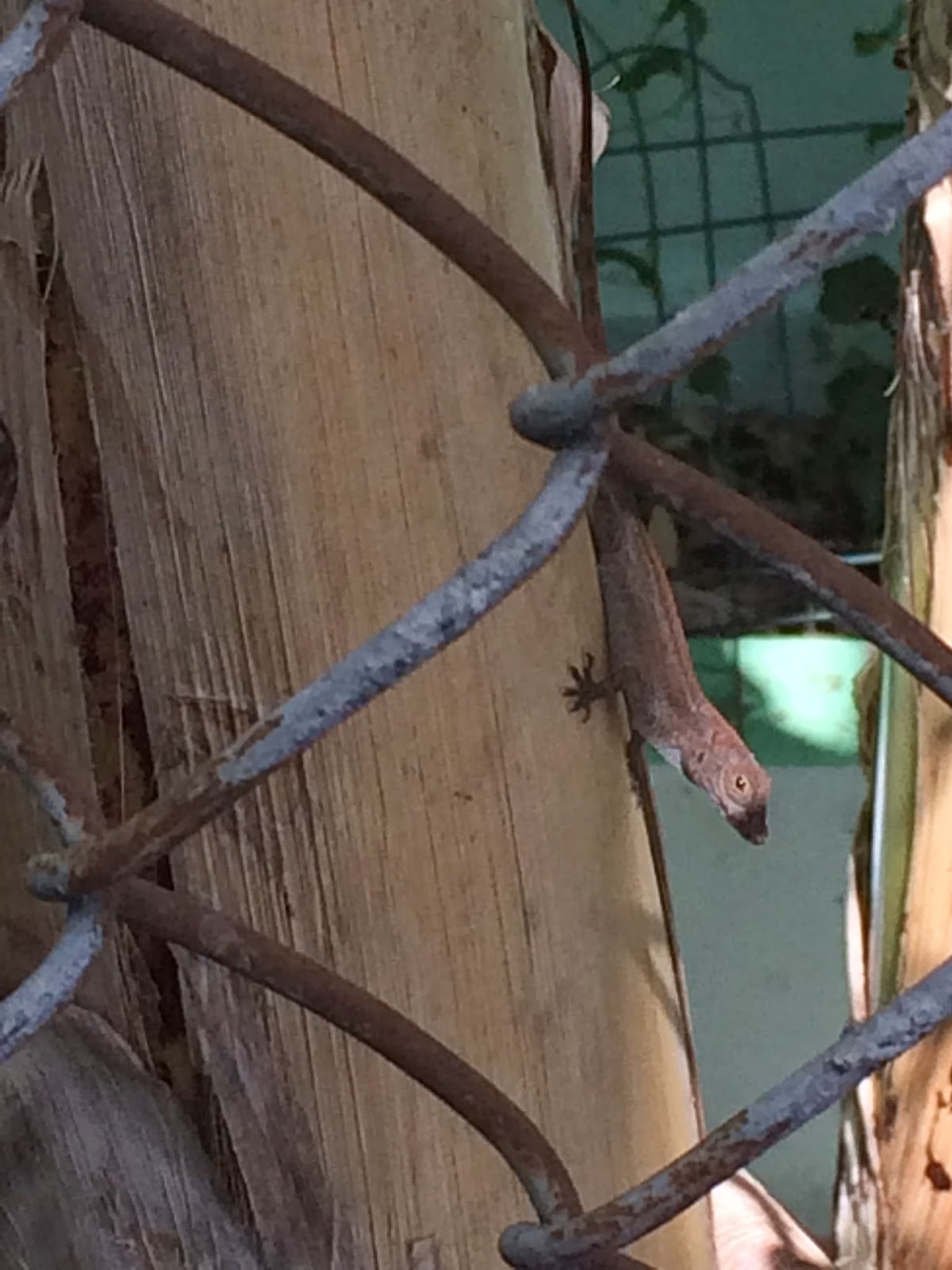Biology
- #9. Carbohydrates - Polysaccharides
Molecules contain hundreds/thousands of monosaccharides linked into long chains. Molecules are enormous --> the majority do not dissolve in water --> good for storing energy (starch and glycogen) or for forming strong structures (cellulose)....
- Glycogenesis
Term: glycogenesisLiterally meaning: ?process of sugar production ?Origin: Anc Greek??????/glycos(=sweet) as glycose, an older term for glucose,+???????/genesis(=origin) >?????/ genea(=generation) > ?????/geno (=birth to, produce)Coined/History(?)Glycogen...
- Glycogenolysis
Term: glycogenolysisLiterally meaning: ? dissolution og glycogen?Origin: Greek?????????/glycag?no(=glycogen) >??????/glycos(=sweet) as glycose, an older term for glucose +?????/lysis(=dissolution, degradation > verb ???/leo =break up, solve, loose,...
- Differences Between Catabolism And Anabolism
Comparison between Catabolism & Anabolism Anabolism Catabolism 1. It is a constructive process of metabolism It is a destructive process of metabolism 2. In anabolism, complex molecules (e.g. proteins)...
- Comparison Between Starch, Glycogen And Cellulose
Comparison between Starch, Glycogen and Cellulose Characters Starch Glycogen Cellulose Monomer a-glucose a-glucose b-glucose Type of bond between monomers 1,4 glycosidic bond (amylose) + 1,4 and 1,6 glycosidic bond (amylopectin) 1,4 and...
Biology
Glycogen
All lizards and other animals store glucose, and they do so by storing it in the form of glycogen. In order to release the glucose, glycogen molecules must be hydrolyzed. Glycogen is a storing polysaccharides.

- #9. Carbohydrates - Polysaccharides
Molecules contain hundreds/thousands of monosaccharides linked into long chains. Molecules are enormous --> the majority do not dissolve in water --> good for storing energy (starch and glycogen) or for forming strong structures (cellulose)....
- Glycogenesis
Term: glycogenesisLiterally meaning: ?process of sugar production ?Origin: Anc Greek??????/glycos(=sweet) as glycose, an older term for glucose,+???????/genesis(=origin) >?????/ genea(=generation) > ?????/geno (=birth to, produce)Coined/History(?)Glycogen...
- Glycogenolysis
Term: glycogenolysisLiterally meaning: ? dissolution og glycogen?Origin: Greek?????????/glycag?no(=glycogen) >??????/glycos(=sweet) as glycose, an older term for glucose +?????/lysis(=dissolution, degradation > verb ???/leo =break up, solve, loose,...
- Differences Between Catabolism And Anabolism
Comparison between Catabolism & Anabolism Anabolism Catabolism 1. It is a constructive process of metabolism It is a destructive process of metabolism 2. In anabolism, complex molecules (e.g. proteins)...
- Comparison Between Starch, Glycogen And Cellulose
Comparison between Starch, Glycogen and Cellulose Characters Starch Glycogen Cellulose Monomer a-glucose a-glucose b-glucose Type of bond between monomers 1,4 glycosidic bond (amylose) + 1,4 and 1,6 glycosidic bond (amylopectin) 1,4 and...
